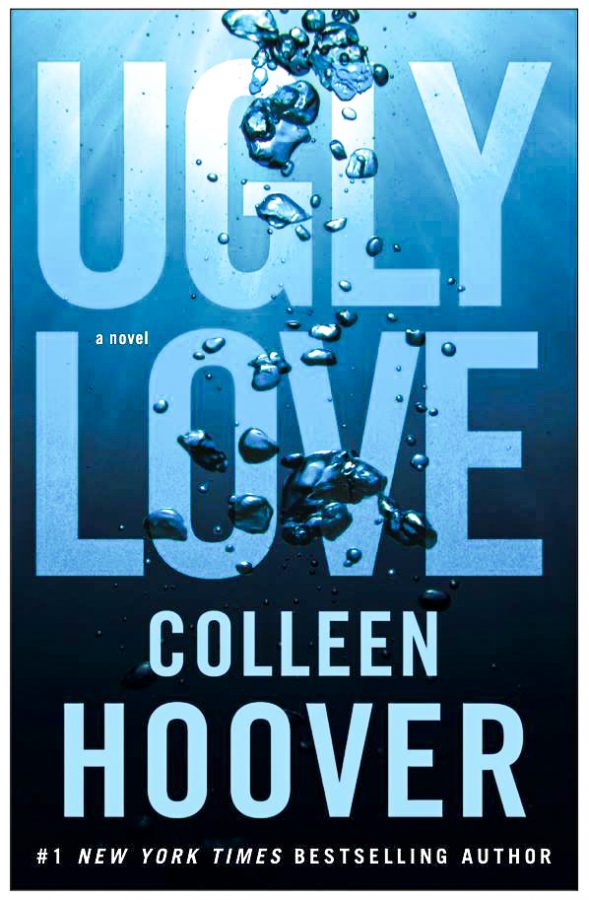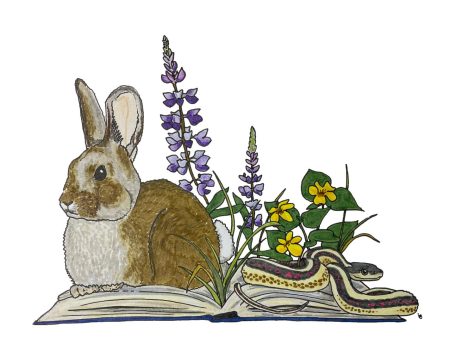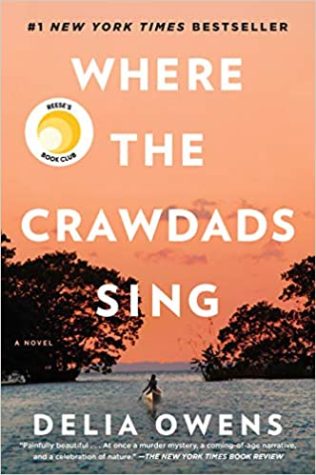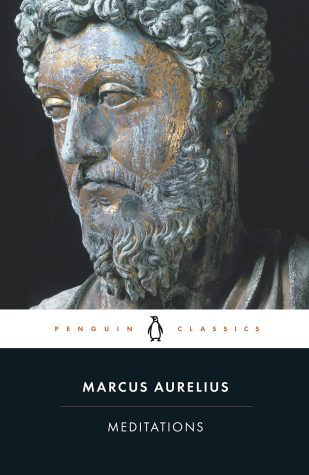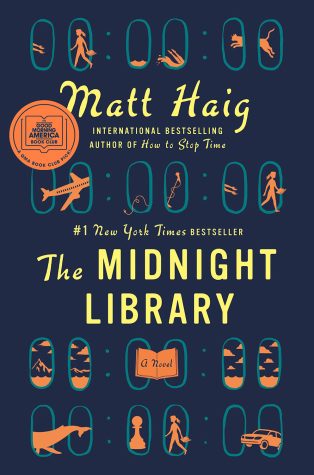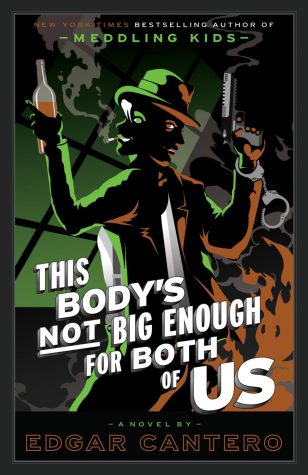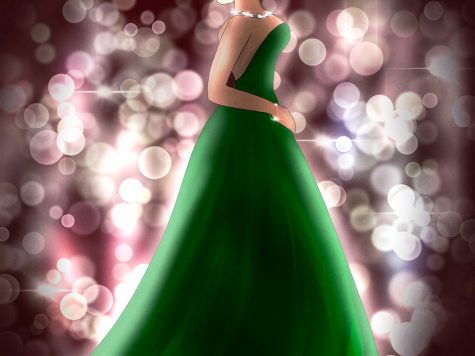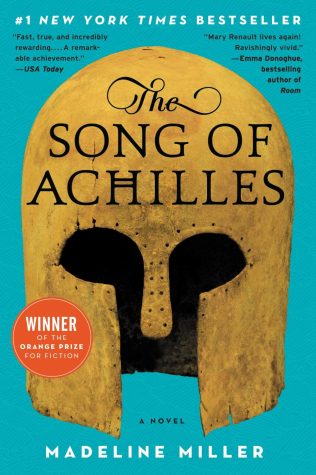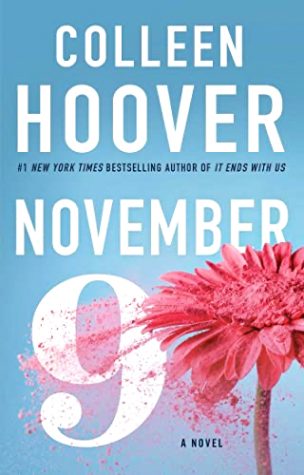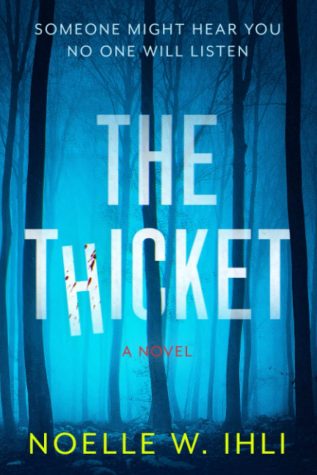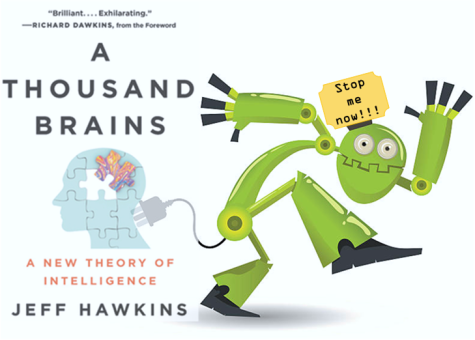BookTok review: ‘Ugly Love’ provides life lessons for relationships
Can a happily ever after story really happen after so many tears and heartache?
November 11, 2021
Ever since I finished “It Ends with Us,” TikTok has not stopped recommending novels by Colleen Hoover. But I am not complaining. I recently completed “Ugly Love” and I want to share my thoughts. Thus, here we are with yet another BookTok review.
The novel follows Tate Collins, a nurse-in-training who forms an undeniable mutual attraction with airline pilot Miles Archer, or rather, her brother’s best friend. They meet on the night Tate moves into her brother’s apartment, where she finds Miles lying in front of the door, completely wasted and trying to get inside — basically every woman’s worst nightmare.
Tate drags him inside while he cries out a girl’s name — Rachel — and consoles him, marking the beginning of the evident sexual tension that stirs between them. When Miles finally kisses Tate, they both decide to start a friends-with-benefits relationship, with a few ground rules, of course.
“Don’t ask about my past. And never expect a future,” Miles says to Tate, portraying himself as a callous, uncaring person. This completely juxtaposes the small glimpses of his sweet, caring demeanor throughout the book.
Hoover’s ability to heavily contrast the two versions of Miles with the inclusion of brief flashback scenes allows the reader to see the complexity of his character. He is not just another typical brooding, mysterious man with a dark past that you see in most romantic novels. He is so much more.
I am not going to lie to you guys; the flashback chapters are a bit cringe-worthy. The way that Hoover illustrates Miles’ mind in the past is unrealistic and very laughable. Have you ever met a guy who thinks in poetry? I do not think so. But the flashbacks do their job by showing the audience that he went through a shocking event that left him cold and distant.
Like many other readers, I desired to learn the truth behind Miles’ newly hardened character, knowing it had something to do with Rachel. I kept turning the pages to understand why Miles could not allow himself to have a future with Tate even when it was glaringly apparent that she was so much more to him than a sexual partner.
When I was halfway through the novel, though, I began to wonder why Tate was the only girl to reach Miles in more than six years. I could think of a million different people who would have been more likely to reach Miles than Tate — she and their relationship are nothing special.
I mean, the relationship is essentially built upon sex rather than similar personalities or deep and meaningful discussions. Miles did not permit her to ask personal questions, which only left room for superficial conversations. So, how did they fall in love with each other if they knew practically nothing about one another?
We tend to see this type of behavior on college campuses, where students mistakenly believe they are in love with their friends-with-benefits partner, but it never ends well. Most of the time, one or both parties are left feeling hurt and confused by their emotions.
Tate also wholly lacks a personality or life that does not center around Miles. I kept wondering: How does this girl have a tremendous impact on Miles if she does not have a personality or interests outside of him? She is practically an empty shell, only going to work, studying and having sex.
And sadly, many college students are entirely consumed by their romantic relationships like Tate. They are their relationship, leaving no room for independence, which can be harmful for many reasons. Your only source of happiness should not come from a relationship, especially a friends-with-benefits one.
Despite her lack of character development, Tate is somewhat a relatable character. Like Tate, many of us have fallen in love with someone who does not want the same things as you, essentially making you take on the role of a doormat to stay in their life for just a bit longer.
“I’m terrified to lose him for good, so I sell myself short and take what I can from him, even though I know I deserve better,” Tate said.
Hoover provides many life lessons through Tate’s experiences, which can be very beneficial for college students. For example, if you keep selling yourself short in relationships, you may be left with nothing when a partner ultimately leaves. Or your friends-with-benefits relationship may leave you in emotional turmoil and heartbreak if you develop unwanted feelings toward your partner.
When I finally flipped to the page where I learned the truth behind Miles’ inability to commit to Tate, I did not cry like other readers. The truth did not gut me or rip me to shreds. It frankly left no impact on me at all.
In all honesty, the revelation seemed somewhat predictable, considering the readers knew it had something to do with Rachel and knew what Miles’ life looked like six years later. One of the many reasons I hate reading novels with flashback storylines is because it decreases shock value.
All in all, though, I give the novel a three and a half out of five stars. I was utterly hooked for much of the book, devouring the interactions between Tate and Miles and craving for information about Miles’ ugly past. However, I was let down by the predictable ending and lack of an impactful heroine.
Nonetheless, I encourage everyone to at least give “Ugly Love” a read. Hoover is a fantastic writer and deserves all the love, even brutally honest love like this review.

